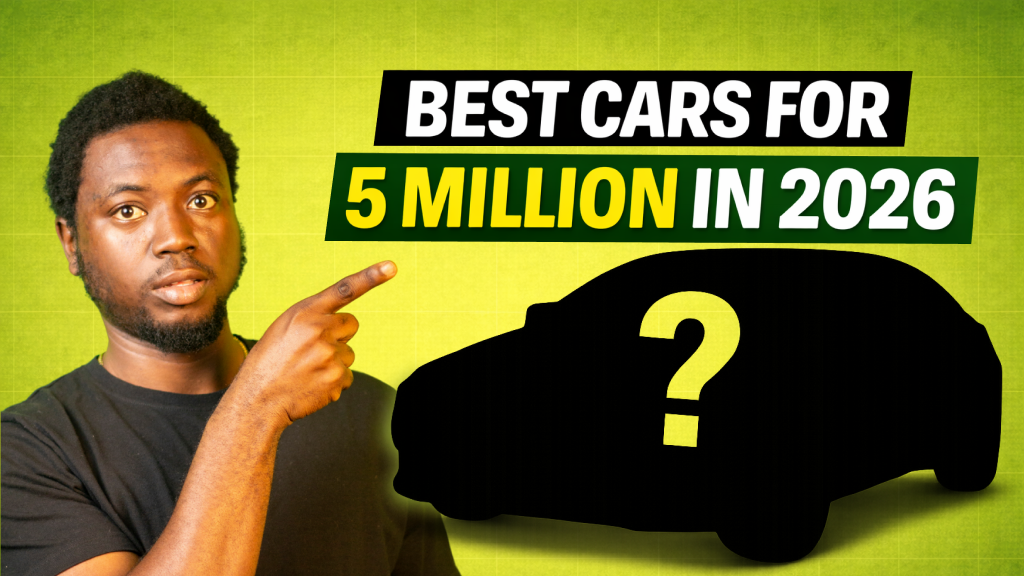Hybrid cars have transitioned from niche alternatives to mainstream options in today’s automotive market. Once limited to early adopters in the 2000s, they are now widely offered by manufacturers like Toyota, Honda, Ford, and luxury brands. Their growth reflects shifting consumer demand for vehicles that deliver fuel efficiency, reduced emissions, and everyday practicality without requiring a full switch to electric vehicles. In 2025, with rising fuel prices and increased attention to sustainability, hybrids sit firmly in the spotlight as viable long-term investments.
The real question for many buyers is whether hybrids justify their higher purchase price compared to conventional petrol-powered cars. From compact sedans to pickup trucks, the market now offers hybrid options across multiple segments, each promising unique benefits. Evaluating exterior design, interior technology, performance, and cost-effectiveness helps determine if these vehicles offer tangible value for drivers today.
Toyota Camry Hybrid (2025)
The 2025 Toyota Camry Hybrid blends familiar midsize sedan styling with subtle updates that enhance its presence. Externally, it retains its aerodynamic profile, sleek LED headlights, and bold grille design, providing a balance between sportiness and executive appeal. Compared to its non-hybrid counterpart, the exterior looks nearly identical, underscoring Toyota’s focus on performance and efficiency upgrades rather than visual differentiation.
Inside, the Camry Hybrid is fitted with high-quality materials, an intuitive infotainment system, and advanced driver-assistance features. Powered by a 2.5-litre petrol engine paired with an electric motor, it produces a combined 208 horsepower while returning an impressive 51 mpg. This efficiency translates into annual fuel savings of around $495 (₦740,000), allowing buyers to break even on the $2,280 (₦3.4 million) price difference in under five years.
Honda Civic Hybrid (2025)
The Honda Civic Hybrid continues the Civic’s reputation for compact practicality, now enhanced with hybrid efficiency. Externally, the Civic Hybrid’s design is modern and dynamic, with sharp LED lighting and a low-slung silhouette that emphasises sportiness. While slightly pricier than the standard Civic, the hybrid version maintains the model’s visual familiarity while signalling its advanced technology through subtle badging.

The interior offers a clean, driver-focused layout with digital displays and generous tech features. Its hybrid system pairs a petrol engine with an electric motor to deliver 49 mpg combined, compared to 34 mpg in the petrol-only version. This translates into annual savings of around $378 (₦565,000). With a price premium of $2,700 (₦4 million), the break-even point sits at around seven years for average drivers, making it a long-term investment rather than a quick return.
Ford Maverick Hybrid (2025)
The Ford Maverick Hybrid stands out as one of the most accessible electrified trucks in the market. Its exterior features a rugged yet compact pickup design with bold grille elements and practical proportions suited for urban and suburban environments. Unlike many hybrid vehicles, the Maverick Hybrid is competitively priced, often undercutting its petrol-only variant, which strengthens its appeal.

Inside, the Maverick Hybrid offers durable materials and straightforward technology aimed at practicality rather than luxury. Its hybrid drivetrain delivers 37 mpg compared to 25 mpg in the petrol-only version. With annual savings of approximately $420 (₦628,000), the Maverick Hybrid provides immediate or near-immediate financial benefits, making it one of the strongest value propositions among hybrids in 2025.
Hybrid Ownership in the Local Context
In regions like Nigeria and much of Africa, hybrid cars present unique opportunities and challenges. Road conditions, which often vary from smooth highways to rough rural paths, favour vehicles with reliable suspension systems and efficient drivetrains. Hybrids like the Camry and Civic can handle urban commutes effectively, while models such as the Maverick offer versatility for mixed road use. Climate is another factor, as battery performance may be affected by extreme heat, though modern hybrid systems are designed with thermal management to mitigate this.
Maintenance and repair remain key considerations. While hybrids are generally more reliable and require less frequent brake servicing due to regenerative braking, battery replacement costs remain high if needed outside warranty coverage. Access to hybrid specialists in some regions is limited, but with Toyota and Honda maintaining strong dealer networks, owners can expect relative ease of servicing compared to less established brands.
How Hybrids Compare to Rivals
When compared with direct segment rivals, hybrids offer stronger fuel savings and emissions reductions but require higher upfront costs. Petrol-only models like the standard Camry or Civic are cheaper to buy but become more expensive to operate over time due to higher fuel consumption. Luxury vehicles with mild hybrid systems deliver incremental efficiency but often lack the significant savings offered by full hybrids.
In terms of resale value, Toyota and Honda hybrids have historically held their worth well, particularly as fuel prices rise. Durability also favours hybrids thanks to proven powertrain reliability, while maintenance costs remain manageable under extended warranties. Ford’s Maverick Hybrid competes strongly on both cost and utility, giving it an edge in markets where affordability drives purchasing decisions.
Conclusion
Hybrid cars in 2025 deliver a balance of style, efficiency, and practicality that continues to resonate with buyers. From the refined Toyota Camry Hybrid to the practical Honda Civic Hybrid and versatile Ford Maverick Hybrid, each model reflects the industry’s shift toward more sustainable driving. Their strengths lie in fuel savings, strong resale value, and everyday usability, even in challenging environments.
The decision ultimately depends on driving habits and ownership timelines. For city drivers, commuters, and those planning to keep their cars for five or more years, hybrids are an investment that pays back in both financial and environmental terms. What do you think—are hybrids the right fit for your lifestyle in 2025?









